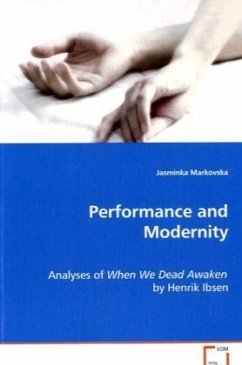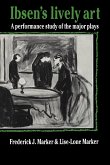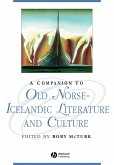The initial global awareness and reactions towardsmodern life's performatives and performances lie in19th century late modern Europe. This is also theperiod in which the first sprouts of modernism as anaesthetic development started to appear. HenrikIbsen's dramatic works are a consequence of thechanges observed in the period of high industrialmodernity, realistically set in the background ofthis historical period and investigating life andrelations in this age. They can also serve as a modelfor investigating the rise of modern drama, sinceIbsen was one of the first to abandon the romanticistand melodramatic conventions of playwriting andintroduced reality-based, actual settings andmodernist topics in tune with the modern times andtheir tastes and preferences. By analyzing When WeDead Awaken, Ibsen's most modernist play, this workinvestigates some of the aspects of performing themodern human and the modern artist, and points to apositive solution to the respective problems byinvestigating play as an essential tool for balancingthe Self in the high modern performing culture.
Bitte wählen Sie Ihr Anliegen aus.
Rechnungen
Retourenschein anfordern
Bestellstatus
Storno








